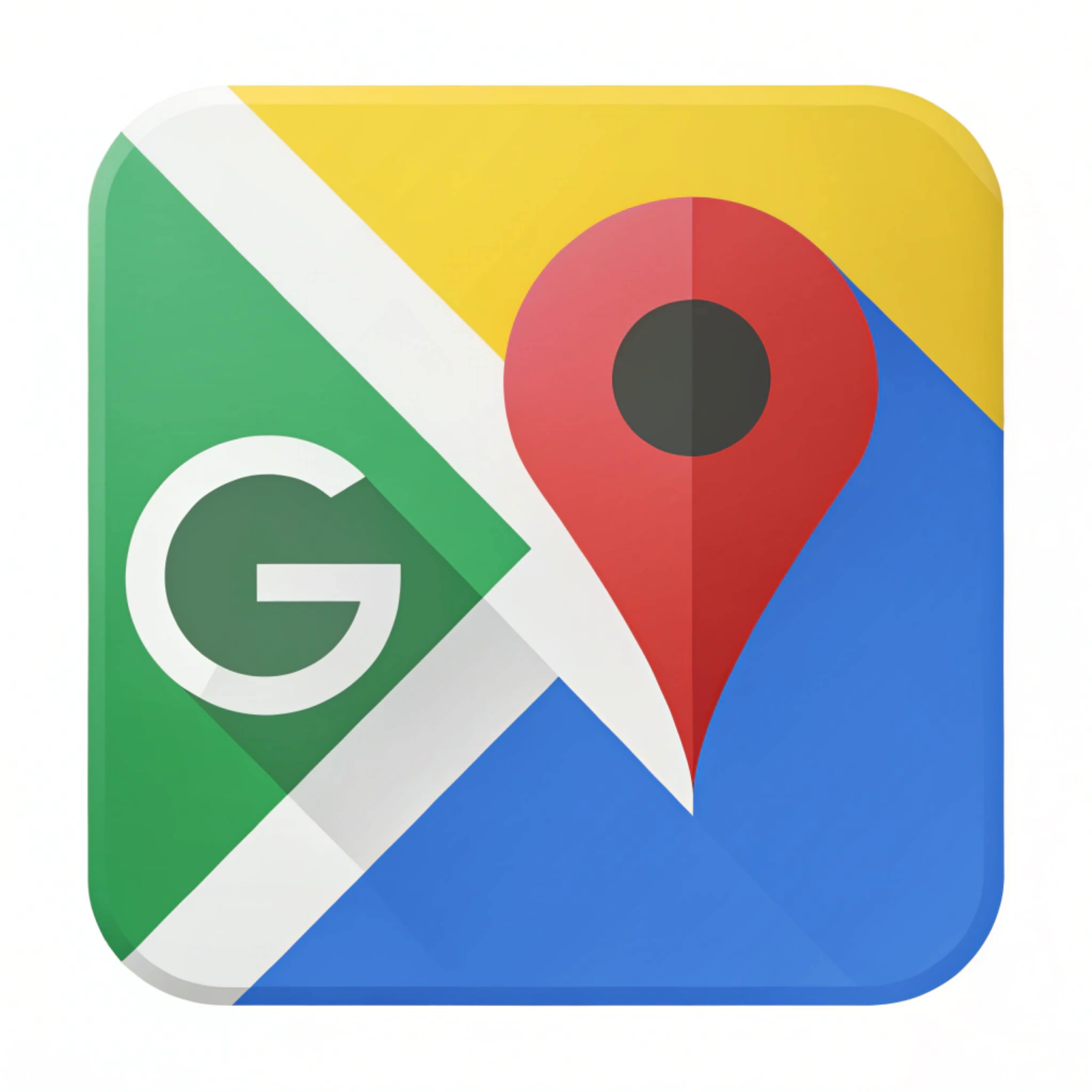Google Maps is the world’s most popular mapping and navigation service. It has become an indispensable tool for millions of users worldwide. There are over 1 billion monthly active users and more than 5 million active websites and apps using its API.
Google Maps is a treasure trove of valuable data for businesses and researchers alike. However, scraping data from Google Maps is not that easy. It comes with its own set of challenges, such as IP blocking, CAPTCHAs, and rate limits. In such situation residential proxies are a powerful solution. They let you unlock the full potential of Google Maps scraping.
If you want to test our residential proxies for Google Maps, get a trial on Quick Proxy for only $1.99.
Common Challenges in Scraping Google Maps without Residential Proxies
Try attempting to scrape data from Google Maps without the use of residential proxies. Then you will most probably face several restrictions and barriers. Google employs sophisticated anti-scraping measures. The aim is to protect its data and prevent unauthorized access. These measures include:
- IP blocking – occurs when Google detects suspicious activity from a particular IP address. It blocks it from accessing the service.
- CAPTCHAs – designed to distinguish between human users and automated bots. Solving CAPTCHAs manually can be time-consuming. It is impractical for large-scale scraping projects.
- Rate limits on requests – limiting the amount of data that can be scraped within a given timeframe.
These challenges can significantly hinder the efficiency and effectiveness of Google Maps scraping efforts.
What are Residential Proxies for Google Maps?
Residential proxies for Google Maps are IP addresses assigned by Internet Service Providers (ISPs) to residential users. These proxies are “genuine” as they are associated with real devices and locations. This makes them highly valuable for Google Maps scraping.
When using residential proxies, scraping requests appear to originate from legitimate residential users. This reduces the likelihood of detection and blocking by Google’s anti-scraping measures. Residential proxies are reliable and secure. You can access Google Maps data more easily compared to other proxy types.
The Benefits of Using Residential Proxies for Google Maps
The benefits of residential proxies for Google Maps are derived from solutions to the challenges of the scraping process. We already mentioned what anti-scraping measures Google employs. As main benefits we can point out:
- Reduced Risk of IP Blocking: With residential proxies, you significantly reduce the risk of IP blocking. Residential proxies are associated with real devices and locations. This means they are less likely to be flagged as suspicious by Google’s anti-scraping algorithms. This leads to consistent and uninterrupted access to Google Maps data. It enables smoother and more efficient scraping operations.
- Bypass of CAPTCHA and Rate Limits: Residential proxies provide a way to bypass CAPTCHAs and rate limits. They mimic the behavior of genuine residential users. Scraping requests sent through residential proxies are less likely to trigger CAPTCHAs. Additionally, resi proxies distribute requests across multiple residential IP addresses. This allows you to circumvent rate limits, allowing for faster and more extensive data collection.
- Improved Data Quality and Reduced Downtime: Residential proxies help ensure the quality and reliability of the scraped data. A reduced risk of IP blocking and CAPTCHAs lets you scrape continuously without interruptions. This results in more comprehensive and accurate data collection. It also minimizes downtime and enhances the overall efficiency of the scraping process.
If you want to enjoy the advantages of our residential proxies for Google Maps, get 1 GB of bandwidth
Useful Data Aggregation with Residential Proxies for Google Maps
Residential proxies enable the aggregation of valuable data from Google Maps. This includes:
- business names
- addresses
- contact details
- reviews
This information is crucial for all industries and applications. For example, businesses can gather competitor data, monitor their online presence, and gain insights into customer feedback and sentiment. Researchers can collect location-based data for analysis and study purposes. Marketers can use the scraped data to identify potential leads.
Practical Applications of Google Maps Scraping
You may already have your idea of how to use the data successfully scraped. But we can suggest a few options anyway. As a matter of fact, these are the most commonly used ways of utilizing residential proxies for Goole Maps:
- Market Research and Competitive Analysis: Google Maps scraping allows businesses to gather valuable insights. They can dive into their competitors’ locations, offerings, and customer reviews. By analyzing this data, companies can make informed decisions about: market positioning, product development, and pricing strategies, etc. Scraping Google Maps data can also help identify unexplored fields. You can use resi proxies to identify emerging trends, untapped markets, and potential opportunities for growth.
- Real Estate and Location Analysis: Google Maps data is crucial for real estate and location analysis purposes. Real estate professionals can gather information about properties, neighborhoods, and amenities. Location-based data can also be used for public purposes. If you ask what exactly – we mean urban planning, transportation optimization, and environmental studies.
- Local Business Aggregation and Directory Creation: Google Maps scraping facilitates the aggregation of local business information. You can get an overview of contact details, operating hours, and customer reviews. You can use this info to create comprehensive local business directories. These directories can attract significant web traffic. Lastly, they can generate revenue through advertising and partnerships.
Conclusion
Residential proxies have revolutionized the way businesses and researchers approach Google Maps scraping. They make it possible to overcome common challenges such as IP blocking, CAPTCHAs, and rate limits. Residential proxies for Google Maps enable the efficient and reliable extraction of valuable data. The benefits of using them are numerous, so why not try them out?
If you want to understand more about the world of proxies, stay with Quick Proxy blog section


